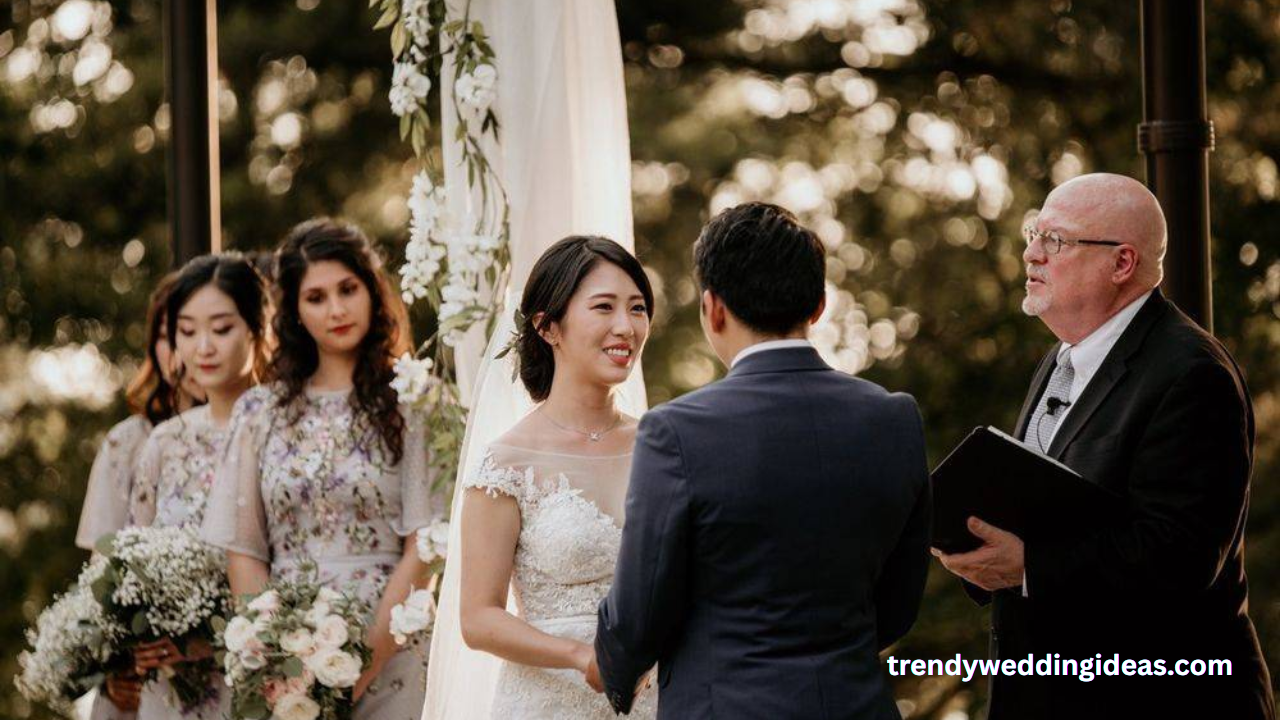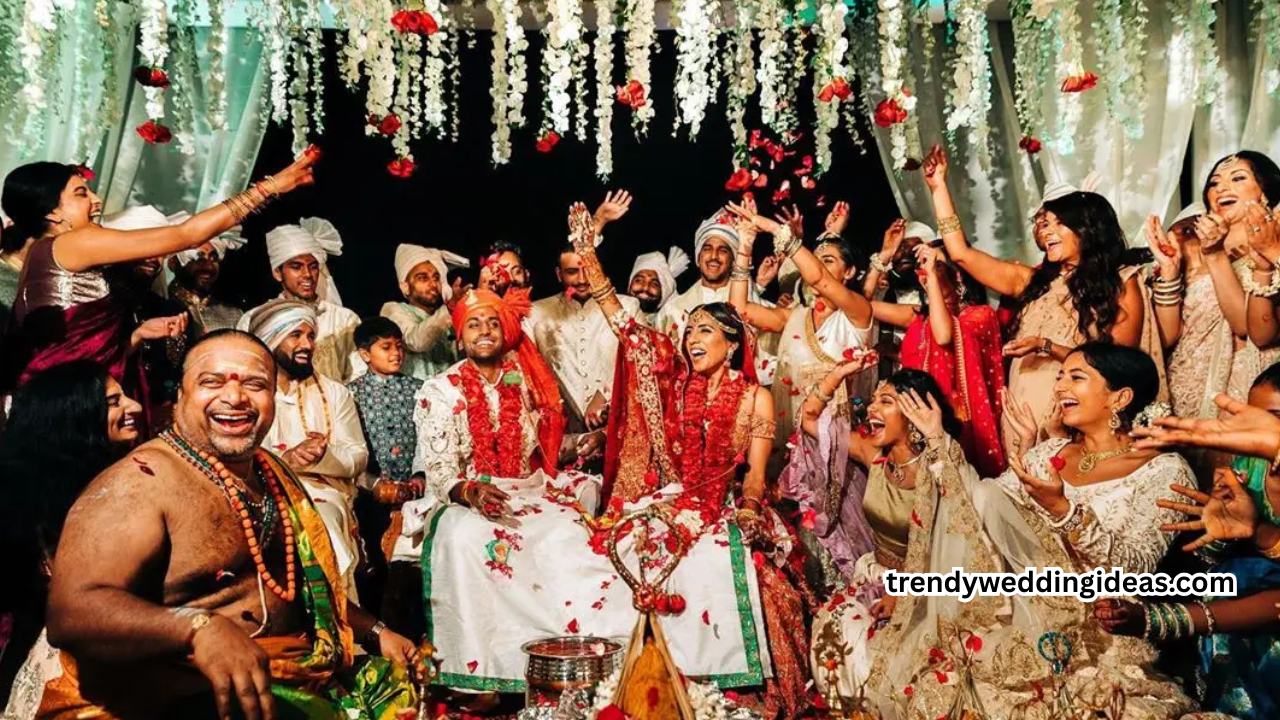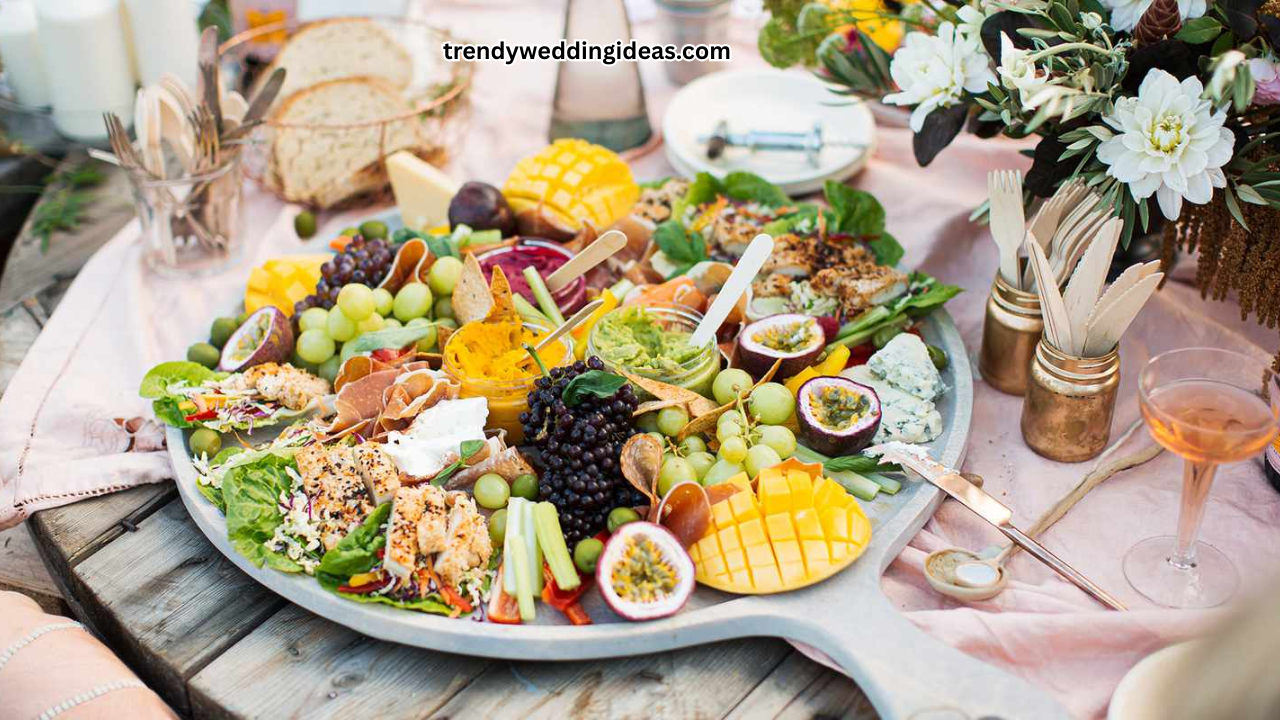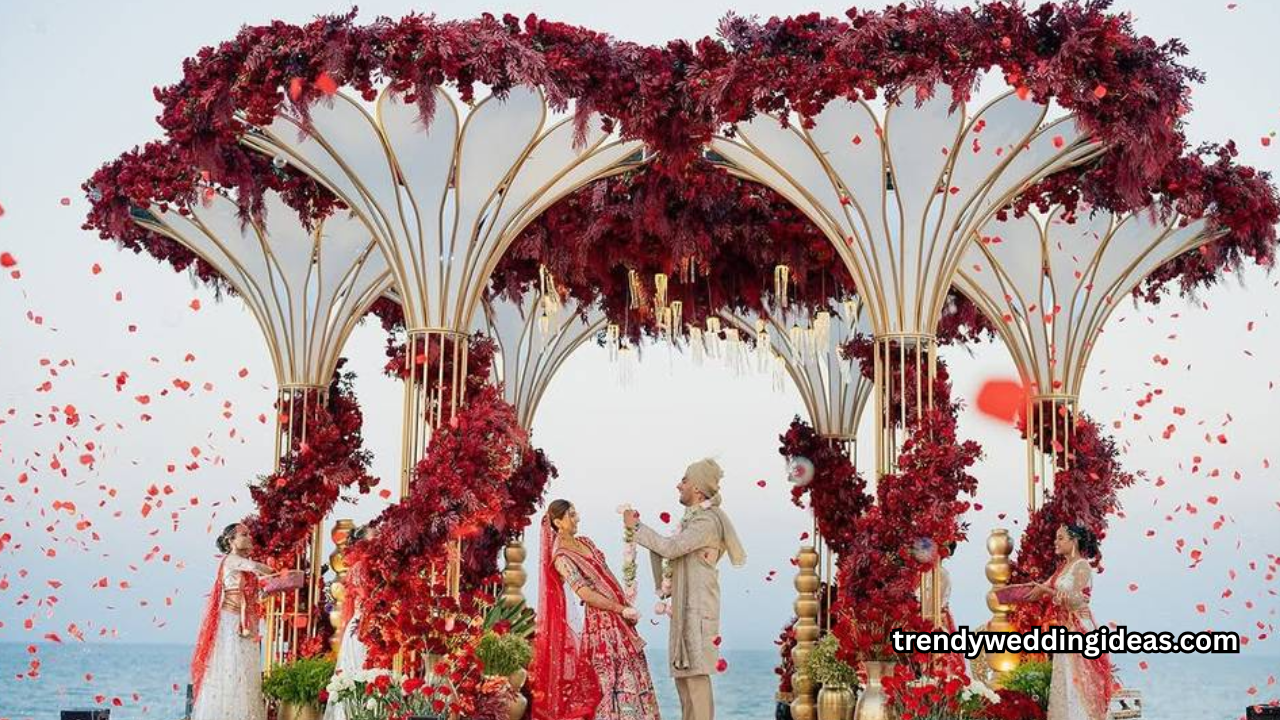The 13 Key Tasks You Need to Do the Week Before Your Wedding—And the 4 You Don’t
Planning a wedding is an exciting yet overwhelming process, and the week leading up to the big day is crucial for finalizing all the details. To ensure a smooth and stress-free celebration, here are the 13 key tasks you must complete before your wedding, along with four tasks you can skip or delegate. The 13 … Read more









